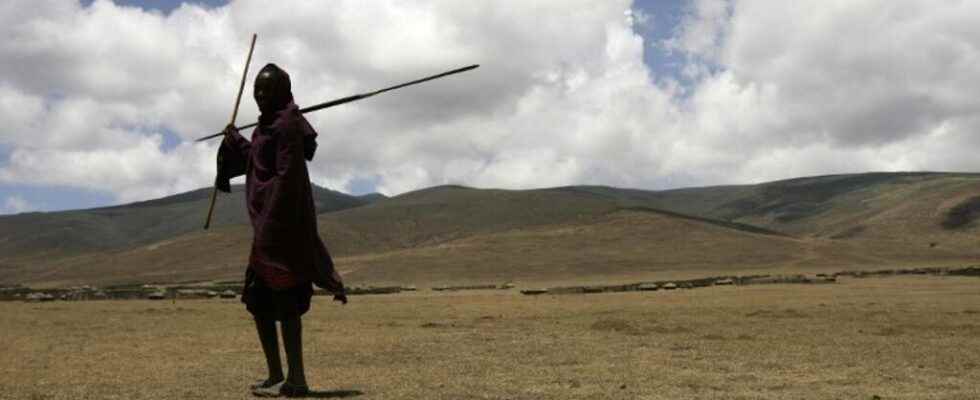At the Congress for Protected Areas in Africa taking place in Kigali this week, representatives of indigenous peoples are trying to assert their claims. Maasai from Tanzania or Ogiek from Kenya, they present themselves as protectors of nature and demand more funding for their local organizations and recognition of their land.
With our correspondent in Kigali, Laure Broulard
According to the UN, indigenous peoples manage or occupy 22% of the land surface of the planet, lands that are home to 80% of the world’s biodiversity. For Solange Bandiaky-Badji, coordinator of the Rights and Resources Initiative, the protection of the environment therefore necessarily involves the protection and recognition of the rights of these communities: “ Where indigenous communities live, biodiversity is better conserved. There is good carbon sequestration. These are the statistics that are there and which show that if we want to achieve the objectives in the fight against climate change and for biodiversity, we must look at the areas managed by indigenous peoples and local communities. »
At COP26 in 2021 in Glasgow, donors pledged $1.7 billion over four years to support climate initiatives led by indigenous communities. A sign that on the funding side, things are changing, indigenous peoples are just beginning to benefit from funding for their climate actions.
There remains the challenge of legal recognition of their lands. ” Our community is regularly victims of evictions, complains Teresa Chemosop, an Ogiek from Kenya’s Mount Elgon region. We try to protect our environment, and at the same time we are driven out. So we want to be responsible for managing all of our land so that we have the power to say no to deforestation. »
Teresa brought to Kigali a declaration adopted last month by an assembly of indigenous peoples in East Africa. They ask for more direct funding and denounce the recent evictions of Masai in Loliondo in Tanzania.
